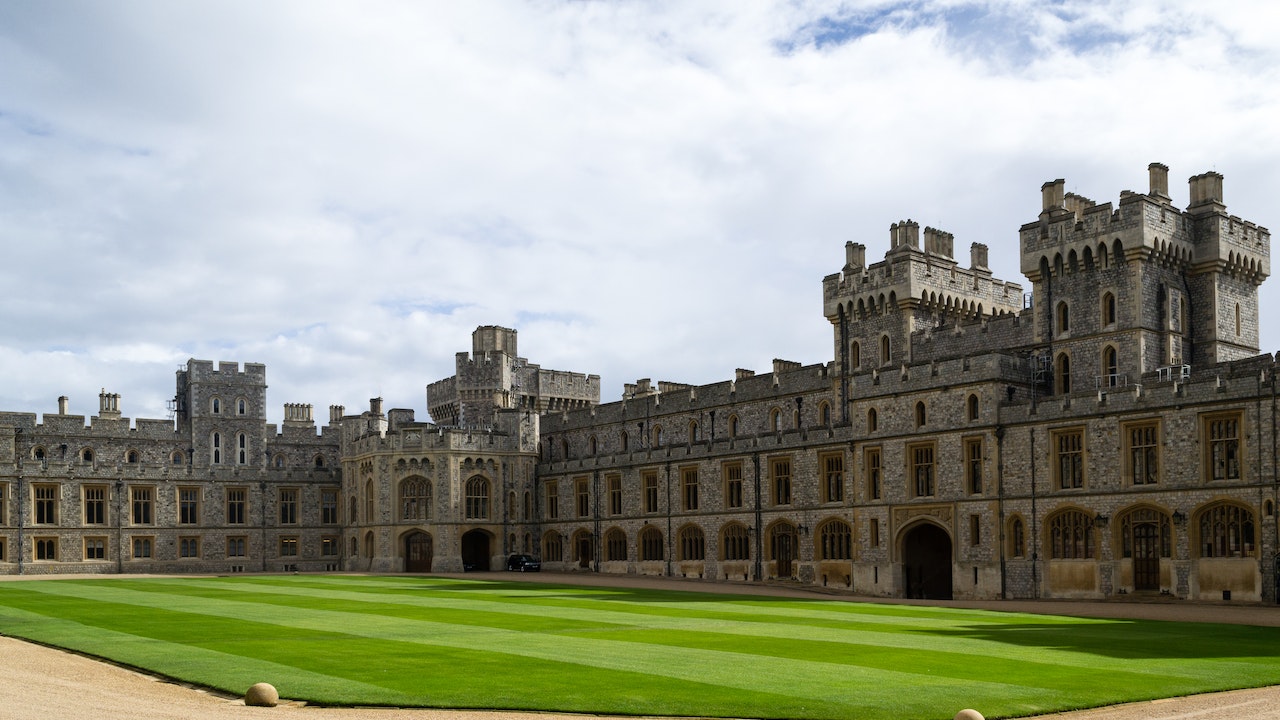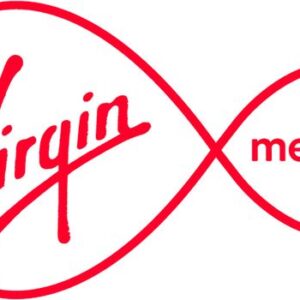Recently, newspapers and conservative social media feeds blasted out happy birthday messages for Charles Windsor’s 74th. But the case for keeping the monarchy is built on inequality and exploitation.
Spending £345 million per year to keep one family in luxury, while millions of people in the UK are struggling to heat their homes and eat properly, is in no way justifiable. The same money could employ 10,000 nurses or 11,000 teachers. At a time when both our health and education systems are underperforming, this waste is inexcusable.
Royalists often argue that the monarchy is good value for money but it’s debatable whether the monarchy would bring any less money into the economy if we paid for fewer members of the Windsor family to live in luxury. Or whether tourists wouldn’t still come to see our palaces and other historic sites if we abolished the monarchy entirely. Nobody can actually know how much we’d gain or lose in tourist revenue by abolishing the monarchy until we do it.
The privilege extended to the monarchy is bizarre. Unlike other public bodies, which ostensibly get given an annual budget based on what they actually need to spend, the travel, property maintenance, communications and other expenses of the royals aren’t budgeted this way. The Royal Family gets given an annual grant from the Crown Estate. This Sovereign Grant is usually set at 15 percent of the investment fund’s profits but has been raised to 25 percent for ten years, to pay for the refurbishment of Buckingham Palace.
Royalists argue that the Royal Family is entitled to this money because it comes from the Crown Estate, which parliament seized control of in 1760. Like any investment fund, profits from the Crown Estate are generated by unpaid labour from its workers.
Ever since 1760, our politicians have been allowing the Royals to live in luxury off the estates that apparently belong to the whole nation, there to be used for the public good.
Of course, the idea that liberal democracy serves the whole nation is a lie. In every class based society, different classes necessarily have opposing interests. One class has to become the ruling class and impose its will upon the other classes, otherwise classes will cease to exist.
In capitalist societies, the capitalist class is the ruling class. The working majority have no reason to allow idle billionaires to exist, except that the cost of removing them seems too high. And that brings us onto why the Royal family is allowed to continue existing.
Throughout the history of class society, there have been two main trends in philosophy that have shaped the ideological life of every civilisation: idealism and materialism.
The ruling class always favours strains of idealism. These philosophies forefront ideas as the primary factor that are important in the material world. Idealism might tell us that it’s every person’s duty to live within God’s law; that there’s a natural hierarchy based on bloodlines, which we should obey; or that a person should be patriotic and fight for their country no matter what. They all place an abstract idea of virtue above any analysis of material conditions.
The working and oppressed traditionally favour materialist philosophies. These start with analysing the material conditions of people’s lives, and then propose ways to improve them based on the evidence. Often this means fighting to overthrow an unjust system, or struggling for reforms in the meantime.
It should be clear why those who are at the top of the social order favour philosophies that turn people away from ideas of reform and revolution, and focus them instead on living “virtuously” within the status quo. That brings us back to the Royal Family again. Is it any surprise that the wealthy want to perpetuate romantic ideas about inherited wealth and privilege?
Britain’s capitalist owned press acts as a constant PR machine for the Royals, in a form of symbiotic relationship. They at once promote the romantic view of hierarchy preferred by wealthy conservatives, such as their owners and editors, and they also gain a constant source of sought after celebrity stories.
But for ordinary working and marginalised people, preserving privileged hierarchies is a way to keep ourselves oppressed. What we need, to help the millions who are struggling, is democratic control over both economic and social life. We need people to reject unjust hierarchies and embrace materialist thinking.
What if instead of romanticising royalty, we strive for far greater democracy and the abolishment of unearned privilege?
Under capitalism, every corporation acts as an autocracy, where a tiny board of directors make decisions to benefit their shareholders, with no thought for the good of their workers or wider society. Yet it’s workers who run the company, planning and managing production and distribution to meet the shareholders’ goals. Why not have people work to meet the real needs of society, rather than those of shareholders?
Under capitalism, companies produce what’s most profitable, which means disproportionately serving those who have money. In a democratically run, planned economy, we can choose to meet everyone’s needs instead.
That’s what this ideological battle is really about. It’s about whether we should perpetuate a system of inequality, where some people have wealth and privilege while others starve. Or whether we should reject unearned privilege in favour of a society run democratically for the benefit of all.
The monarchy isn’t a matter of national pride or any such sentimental nonsense. It’s an ideological tool used by the elite to normalise inequality and privilege. It’s time for us to reject it and demand an end to unearned privilege.





